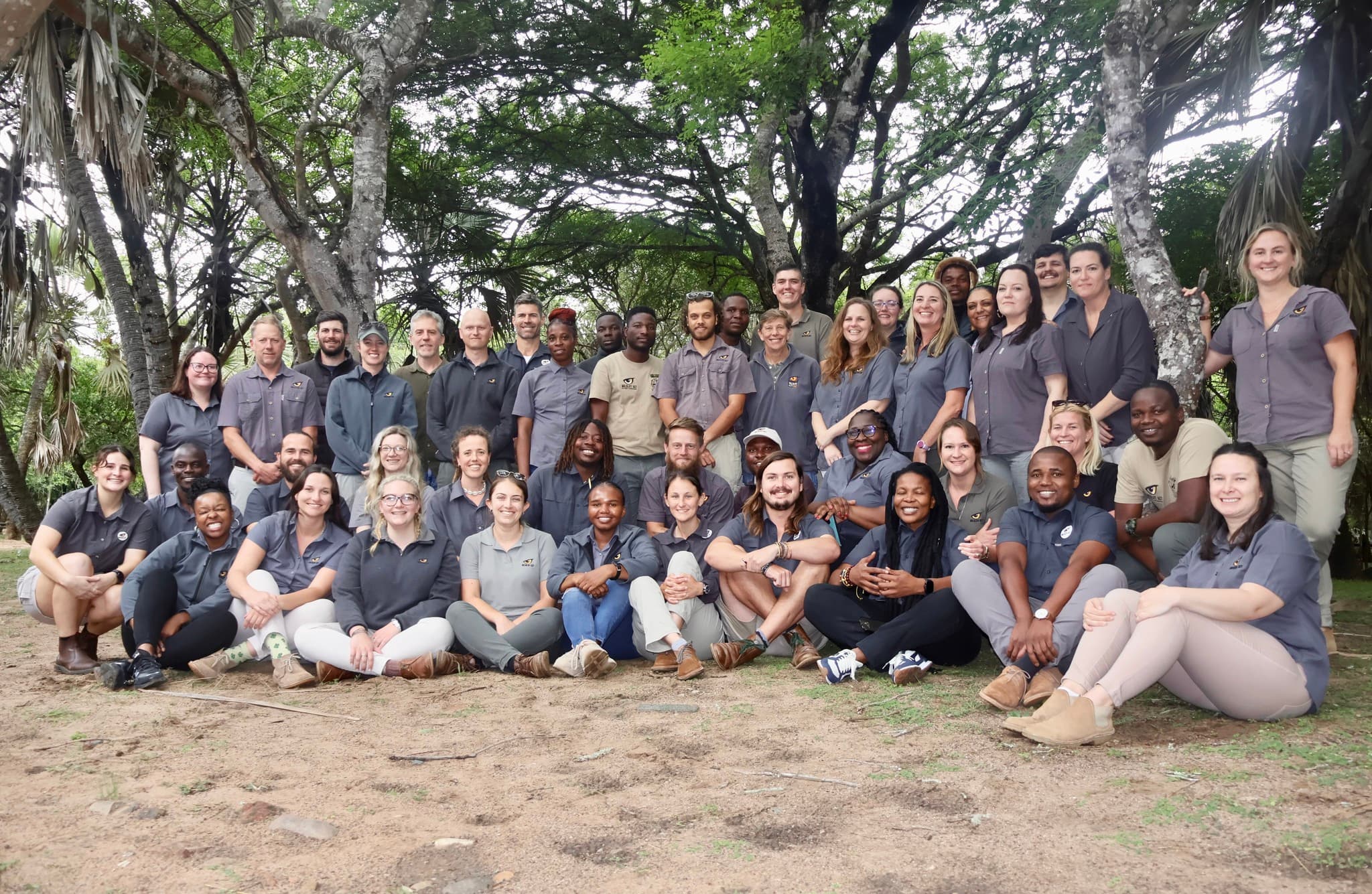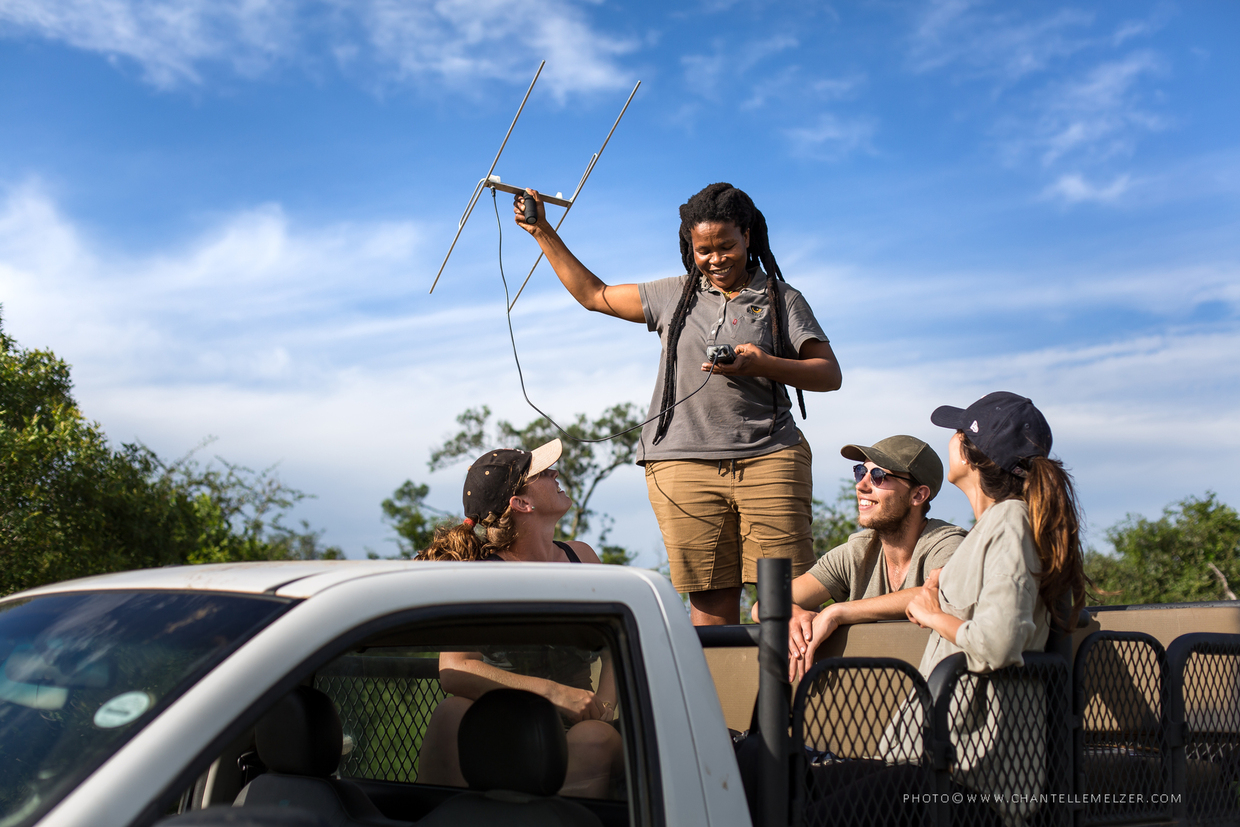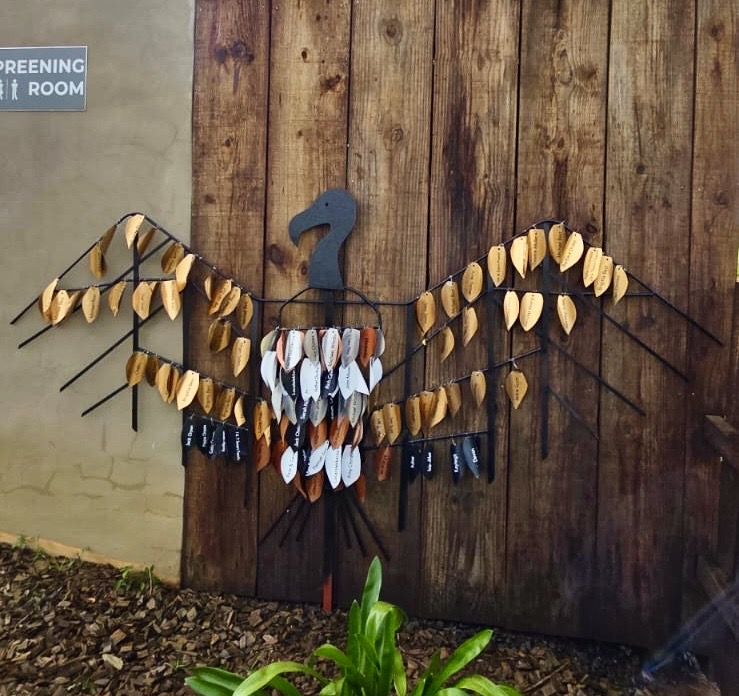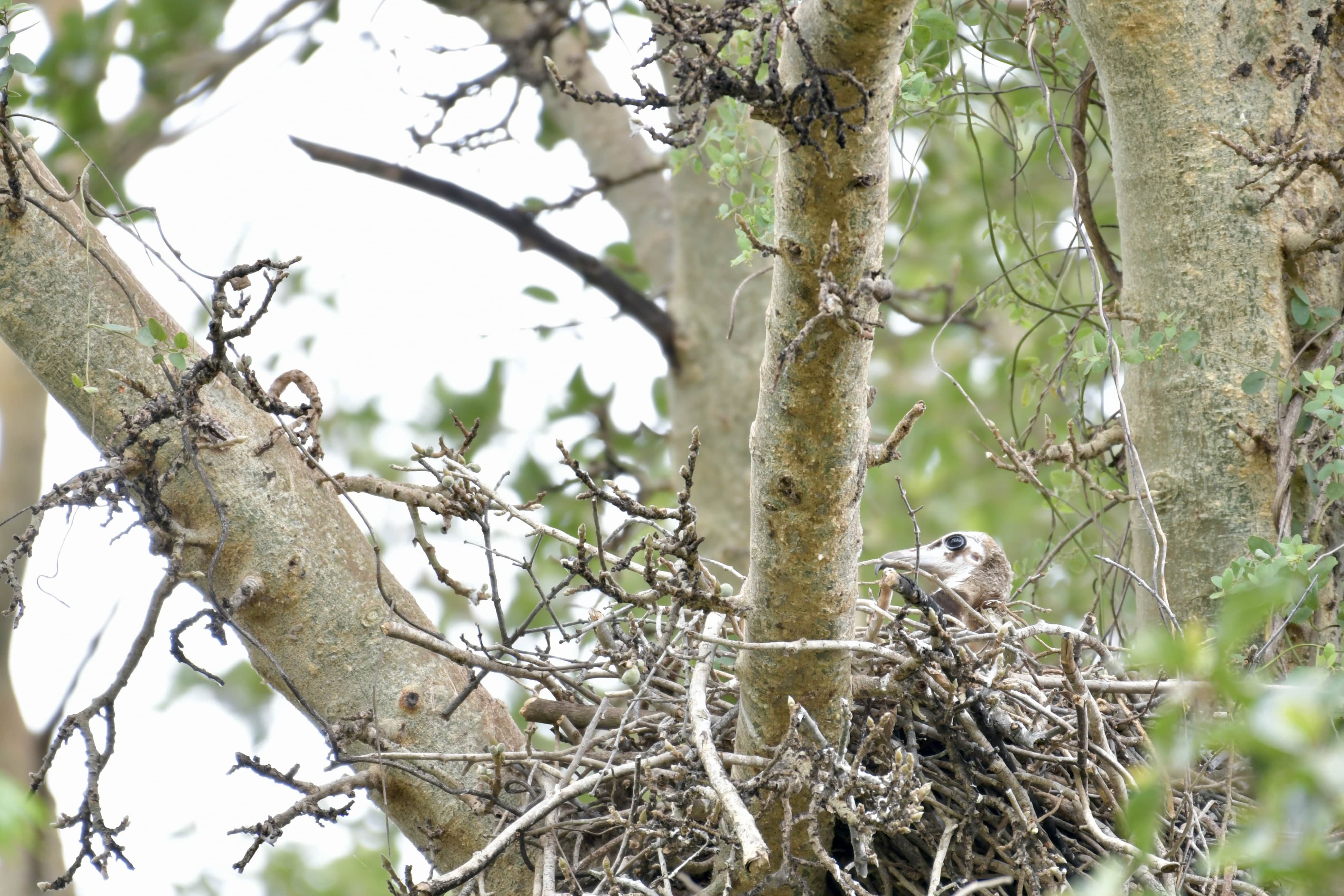
Good News for Vultures!
Southern Africa’s Vulture populations are facing an uncertain future. To stem the tide of losses, landscape-level conservation initiatives are needed, not only in our formal protected areas, but also on privately-owned land that supports Vulture populations.
Vulture Safe Zone Implementation
First conceptualised and applied in Asia, where Vulture numbers were decimated by the veterinary drug diclofenac, Vulture Safe Zones cover vast stretches of land that are managed in ways that are conducive to Vulture survival. The Multi-species Action Plan to Conserve African-Eurasian Vultures (Vulture MsAP) has now brought this initiative to Africa, where it is being adapted to address the unique and multi-faceted challenges facing the continent’s Vultures.

A Vulture Safe Zone is defined as an appropriately sized geographic area in which targeted conservation measures are undertaken to address the key threats relevant to the Vulture species present. Vulture Safe Zones are implemented in southern Africa as another arrow in the quiver that will complement national and international efforts to reduce the impact of existing and emerging threats to stabilise and promote recovery of existing Vulture populations. It serves as an important awareness-raising tool that increases support and keeps the conservation momentum going.
Promising Partnerships
Wildlife ACT, Birdlife South Africa and Ezemvelo KZN Wildlife, as partners in Project Vulture and the Zululand Vulture Project, have been working together to implement and support the Vulture Safe Zone initiative in KwaZulu-Natal.

Most recently, we have been working closely with Thula Thula Private Game Reserve, ensuring they meet all the criteria of a Vulture Safe Zone and providing support where needed to strengthen their contribution to Vulture conservation in the province. This is a very significant feat, as the reserve supports the largest breeding colony of tree-nesting White-backed Vultures on private land in KZN.
Looking Ahead
We are excited to see what the future holds for the growing Vulture Safe Zone initiative and strengthened partnerships!
Southern Africa’s vulture populations are in serious decline. Of the six species found in South Africa, all are classified as either Endangered or Critically Endangered. Click HERE to support our work with Vultures.




.jpg)




.jpg)
